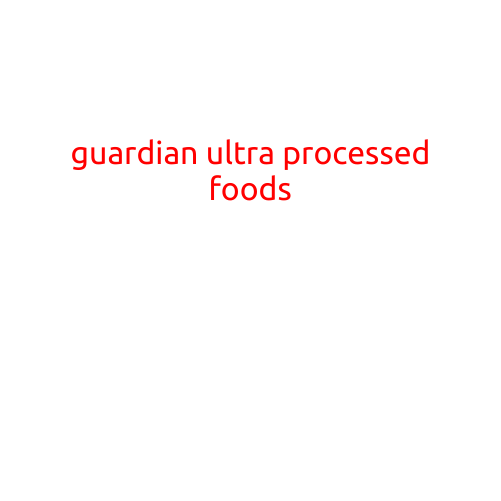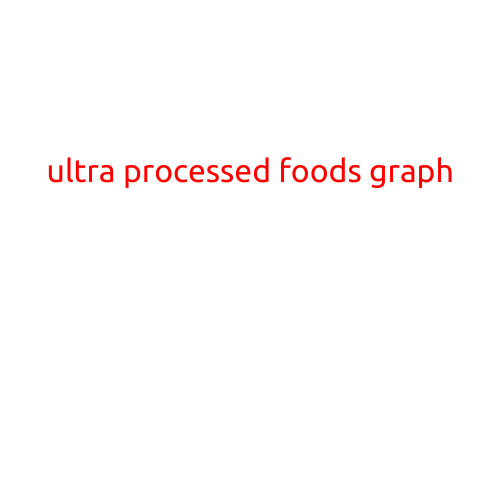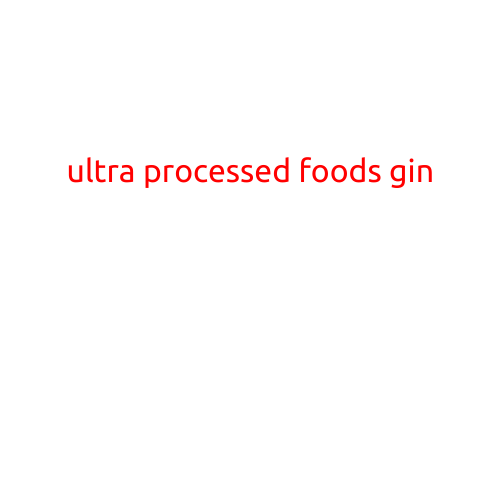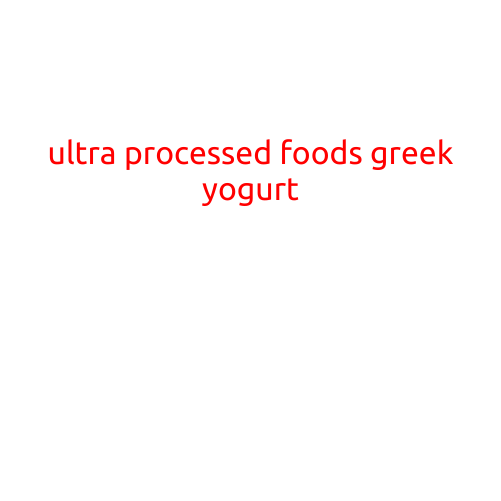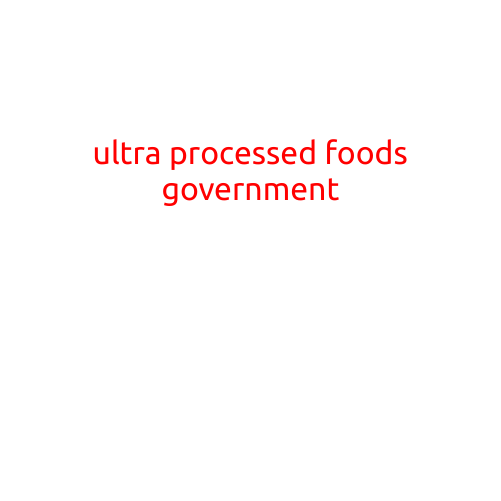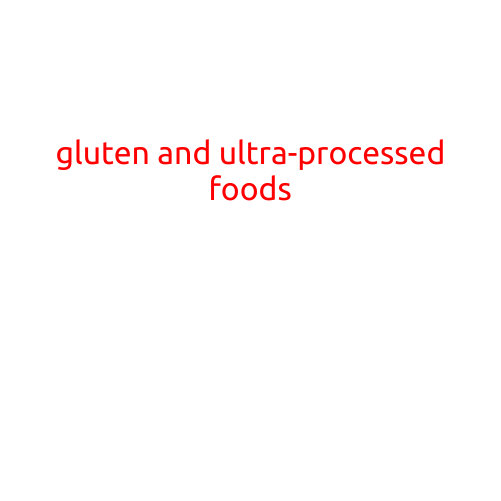
Gluten and Ultra-Processed Foods: The Hidden Dangers to Your Health
In the quest for a quick and convenient meal, many of us have turned to processed foods as a solution. From frozen meals to packaged snacks, ultra-processed foods have become a staple in many households. However, a recent surge in research has highlighted a darker side to these convenience foods: they contain alarming amounts of gluten and other concerning ingredients that have significant implications for our health.
What is Gluten?
Gluten is a type of protein found in certain grains, such as wheat, barley, and rye. It is found in a variety of foods, including bread, pasta, baked goods, and cereals. While some people may be aware of the importance of gluten-free diets for individuals with celiac disease or gluten sensitivity, few realize that many ultra-processed foods also contain high amounts of gluten.
The Problem with Ultra-Processed Foods
Ultra-processed foods are defined as products that contain a combination of sugar, salt, and unhealthy fats, as well as added flavorings, colors, and preservatives. These foods are often engineered to be highly addictive, with manufacturers using various techniques to increase our pleasure centers and keep us coming back for more.
The kicker? Many ultra-processed foods contain hidden sources of gluten, which can have devastating effects on the digestive system and overall health.
Hidden Sources of Gluten
From frozen pizza to instant noodles, processed foods contain gluten in the form of:
- Wheat-derived ingredients: Such as wheat flour, wheat bran, and wheat germ, which are often used as fillers or thickening agents.
- Barley malt: A common ingredient in many processed foods, barley malt contains gluten and can cause severe reactions in those with celiac disease or gluten sensitivity.
- Rye flour: Rye is a common ingredient in many bread products, including crackers and breadsticks.
- Modified food starch: Many ultra-processed foods contain modified food starch, which can be derived from wheat, corn, or potato.
Why is Gluten in Ultra-Processed Foods a Problem?
Consuming excessive amounts of gluten, particularly in ultra-processed foods, can lead to a range of negative health effects, including:
- Digestive issues: Gluten can cause inflammation in the digestive system, leading to bloating, abdominal pain, and diarrhea.
- Increased risk of chronic diseases: Consuming high amounts of processed foods and gluten has been linked to an increased risk of heart disease, type 2 diabetes, and certain cancers.
- Impact on gut health: Gluten can disrupt the balance of gut bacteria, leading to changes in the way our bodies process nutrients and increasing the risk of autoimmune diseases.
Tips for Reducing Gluten and Ultra-Processed Foods in Your Diet
- Read labels carefully: Be aware of the ingredients listed and look out for hidden sources of gluten.
- Choose whole foods: Focus on whole, unprocessed foods like fruits, vegetables, whole grains, lean proteins, and healthy fats.
- Make a meal plan: Plan your meals in advance to ensure you’re not relying on processed foods.
- Explore gluten-free alternatives: Many alternative grains, such as quinoa, rice, and corn, can be used in place of wheat and other gluten-containing grains.
- Avoid processed meat products: Processed meat products, like hot dogs and sausages, often contain gluten and other unhealthy ingredients.
Conclusion
Gluten and ultra-processed foods are a deadly combination that can have devastating effects on our health. By being aware of the hidden sources of gluten in processed foods and making conscious choices about our diet, we can reduce our risk of chronic diseases and promote overall well-being. Remember, a diet rich in whole foods and free from excessive amounts of gluten is the key to a healthy and happy life.
